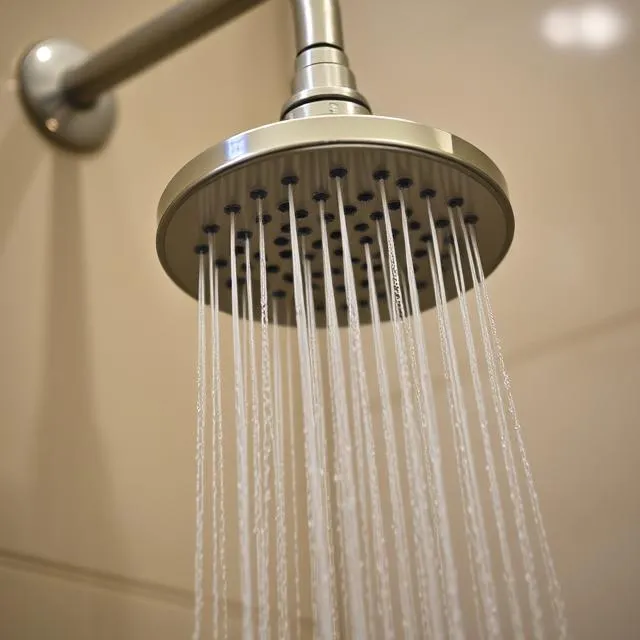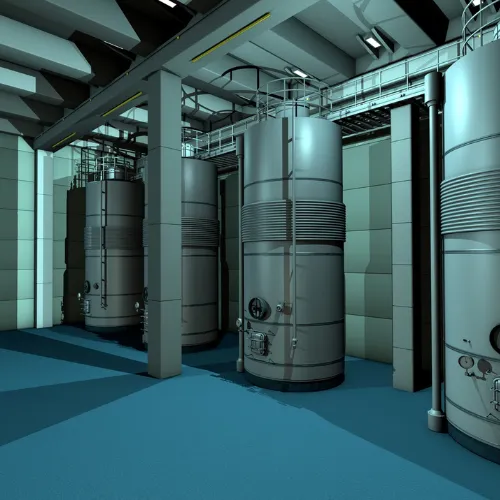
Water Hardness Testing
Identify and manage mineral content in your water supply with certified water hardness testing.

Identify and manage mineral content in your water supply with certified water hardness testing.
Water hardness testing is the process of measuring the concentration of dissolved calcium and magnesium ions in a water source. These naturally occurring minerals are commonly found in groundwater across Ontario, especially in rural areas and locations that rely on private wells or untreated sources.
Hard water is not a direct health hazard but can cause significant plumbing issues, appliance wear, soap inefficiency, and mineral scaling in commercial and residential systems. For industries that rely on clean water for manufacturing, boilers, cooling towers, or food preparation, hardness control is critical to maintain operational efficiency and regulatory compliance.
Canadian Water Compliance offers certified water hardness testing services for homes, commercial buildings, multi-residential properties, and industrial facilities. Our team collects water samples and tests them for total hardness (as CaCO₃) in an accredited laboratory, providing accurate results and treatment recommendations where needed.

Hard water can lead to limescale buildup in plumbing systems, reduce the lifespan of water-using appliances, and interfere with cleaning processes. In commercial or institutional settings, this mineral buildup can result in costly maintenance, reduced energy efficiency, and customer dissatisfaction.
Regular water hardness testing helps identify these issues early, allowing for effective treatment solutions such as softening systems or filtration upgrades.
Our technicians conduct on-site sampling and submit your water to an accredited Canadian laboratory for total hardness analysis. Results are clearly documented, with readings in mg/L or grains per gallon (GPG) and classified as soft, moderately hard, hard, or very hard. Whether you're a homeowner, building manager, or engineer, we’ll help you understand your results and implement solutions to protect your infrastructure and water quality.


Without regular testing, water hardness can go undetected and lead to chronic scaling, increased utility bills, or equipment failure. Properties with well systems, older plumbing, or commercial-grade equipment should monitor water hardness at least once per year, or after installing new treatment systems. Early detection saves money, protects assets, and ensures compliance with operational standards or customer expectations.
Serving across Toronto, Mississauga, Brampton, London, Kitchener, Niagara, St. Catharines, Guelph, Waterloo, Collingwood, Barrie, Wasaga Beach, Midland, Huntsville, Gravenhurst, Minden, Oshawa, Peterborough, Kingston, Ottawa, Scarborough, Markham, Richmond Hill, Vaughan, Burlington, Etobicoke, Pickering, Ajax, Whitby, Caledon, Milton, Hamilton, Oakville and the surrounding areas.